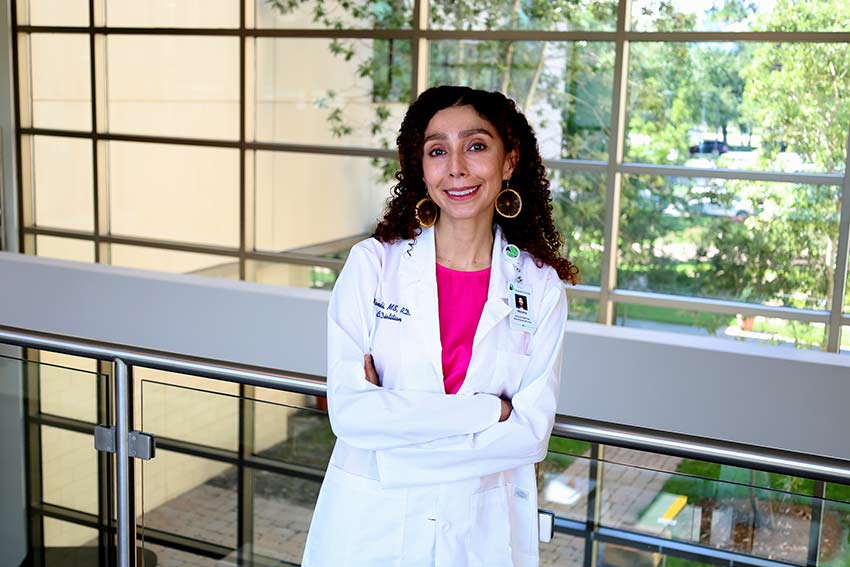
Nutrition
What is an antioxidant?
Lewis Cancer & Research Pavilion dietitian explains how these vitamins and minerals work to protect your cells from harmful damage
As we age, it’s expected that the cells in our bodies will suffer some damage.
“That is part of the normal aging process, but cellular damage from oxidative stress also comes from things like environmental pollution, UV rays and fried foods,” explains Nonie Gandhi, dietitian at the Nancy N. and J.C. Lewis Cancer & Research Pavilion. “Since we’re getting oxidative stress from sources we can’t control, it’s important to counteract that with what we can control – like eating an antioxidant-rich diet.”

So what is an antioxidant, and what does it have to do with my body’s cells?
There are some molecules in the body that are so unstable that they cause damage to your cells, Gandhi explains. Antioxidants work to stabilize those molecules. An antioxidant can be a vitamin, mineral or plant substance that works to protect your cells from oxidative damage.
When oxidative stress wears on your cells, damage can lead to all kinds of chronic diseases and poor outcomes.
“The protection against cellular damage that antioxidants offer helps your immune system work better,” Gandhi says. “It also limits the risk of chronic disease development.”
There’s even some research that suggest a diet rich in antioxidants can decrease your chances of one day developing cancer. However, there are a lot of factors that go into that such as lifestyle, genetics and environmental exposures.
“It’s not like if your diet is perfect, you won’t develop cancer. It doesn’t work that way,” Gandhi says. “But, you can mitigate your risk a little bit with antioxidants.”
Gandhi and other healthcare providers also promote a healthy diet during cancer treatment to help you feel better sooner. It’s important cancer patients’ diets include antioxidants, but Gandhi says they shouldn’t supplement with them without discussing it with their healthcare team because higher doses than you would get from a normal, healthy diet almost protect your cells too much. That can interfere with some cancer treatments.
What foods are high in antioxidants?
The good news is lots of foods are full of antioxidants, especially fruits and vegetables, Gandhi says. Here are some examples:
- Berries (blueberries, strawberries and raspberries)
- Tomatoes
- Grapes
- Leafy greens (spinach, kale, collard greens)
- Cruciferous veggies (broccoli, cauliflower, cabbage)
- Sweet potatoes
- Nuts and seeds (almonds, walnuts, chia seeds)
- Beans and lentils
- Fish
The list even includes items you might not think of such as dark chocolate and green tea. In fact, Gandhi advises her cancer patients to avoid green tea during chemotherapy because it’s so rich in antioxidants it acts as a supplement.
“We only get one body, so anything we can do to contribute to our health, we should be inspired to do,” Gandhi says. “There are so many health factors outside of our control, but if we can optimize what we do have control over by adding fruits and vegetables to our diet, I think that should be everyone’s goal.”
Gandhi is one of three dietitians that offers nutritional counseling to patients at our LCRP locations across the region. Patients currently receiving chemo or radiation through LCRP do not need a referral to a dietitian and can call 912-819-6893 to make an appointment.
If you are not a cancer patient, but would like to inquire about nutrition counseling, you can do so by calling our Wellness Center at 912-819-8800.
